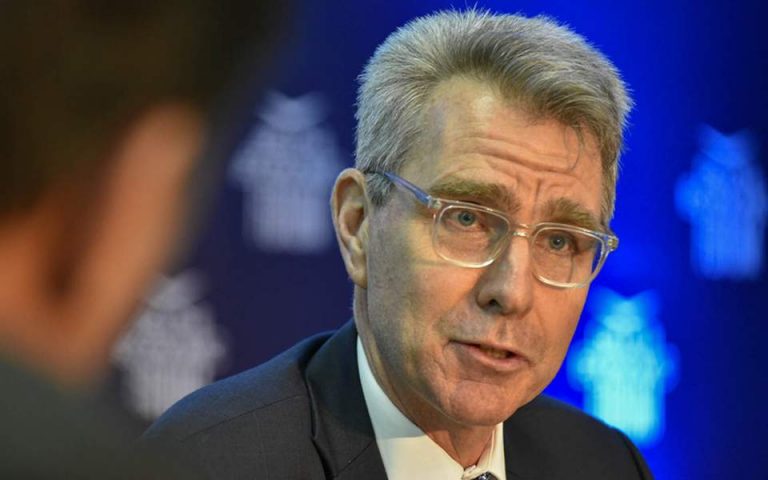
During his career, Geoffrey Pyatt has been a high flyer in the American foreign service.
Most recently, he served during President Joe Biden’s administration in the crucial post of Assistant Secretary of State for Energy Resources, a top issue in economic and geopolitical competitions today.
Pyatt served as US envoy to Athens during the entirety of President Donald Trump’s first term, and his accomplishments as ambassador are impressive.
During his tenure, negotiations conducted for the revision of the US-Greece Mutual Defence Cooperation Agreement (MDCA).
The cornerstone of military cooperation between the two countries, the revised agreement substantially expanded the US military presence in Greece, including an enlargement of the critical (for the Middle East, the Balkans, and North Africa) Souda Bay, Crete air and naval base,
It also provided for American use of an Alexandroupoli military base, that reportedly has played a key role in funneling arms to Ukraine during its ongoing war with Russia.
The 5-year renewal of the MDCA has an extraordinary provision – that it can be automatically renewed indefinitely, if Athens does not back out, a highly unlikely eventuality.
Envoy to Kyiv
Pyatt’s tenure as US Ambassador to Kyiv coincided with the most important milestones before the Russian invasion. They included the toppling of pro-Russian President Viktor Yanukovych, the signing of the Ukraine-Russia Minsk I and Minsk II accords, that were flagrantly violated by Moscow, and Putin’s formal annexation of Crimea, which then US President Barack Obama highly underestimated, brushing Russia aside as a mere “regional power”.
Though Pyatt declined to address US domestic politics, he passionately underscored the importance of NATO and America’s existing global alliances in ensuring US security, and, effectively, US global power.
In an exclusive interview with To Vima on Sunday, published simultaneously by tovima.com International Edition, Pyatt stresses Greece’s role on the regional energy map – with the recent agreement for hydrocarbons exploration off the southern Peloponnese and West of Crete by US energy giant Chevron (the second largest globally). He underlines the importance of ongoing Greek-Turkish talks in this regard.
How does it feel for a Democrat living in Trump’s America?
I am a career diplomat. I was President Trump’s Ambassador to Greece for the entirety of his first term. So my approach has always been to focus on America’s national security, looking outwards. As I always used to say when I was assistant secretary of state, I don’t deal with domestic politics and I don’t intend to change that now. I’m obviously interested in the health of our democracy, and politically the health of our alliance relationships, like the alliance with Greece.
How has the global energy map in Greece’s neck of the woods changed during your tenure as Assistant Secretary of State for Energy Resources?
One of the things that is especially striking to me when I add together my tenure as ambassador to Athens and my tenure as Assistant Secretary of State for Energy Resources, you see a real redrawing of the global energy map, but in particular the energy map of Southeastern Europe. There are two big tectonic forces. First of all, Russia’s invasion of Ukraine and the weaponization of Russia’s energy resources. Secondly, Europe’s tremendous success in reducing its dependence on Russian energy.
I was in Houston two weeks ago for CERA [Cambridge Energy Research Associates]Week, the world’s largest energy conference. Everybody who’s anybody was there – the CEOs of all the major companies – EU Energy Commissioner Dan Jorgensen, Energy Director-General [Ditte Juule] Jorgensen, and the Energy Minister of Denmark, which will have the EU presidency in the second half of 2025.
There was a very, very clear message from the Europeans that Europe is determined never again to place itself in a situation where it’s dependent on Russian energy. Commissioner Jorgensen said in a public setting that his top job was to make sure that what Europe pays for its energy resources no longer goes to fund the Kremlin’s war machine.
He underlined his commitment to the EU goal of zero Russian energy by 2027. That was part of the larger message which lies behind the reduction of Europe’s dependence on Russian energy, which was 40 percent when Putin invaded Ukraine in 2022.
Greece has been very much a part of that story. The Southern Gas Corridor pipeline through Greece played a critical role, especially for Italy, After the invasion, there was the expansion of the Revithousa terminal and the new Alexandroupolis floating regasification unit. All that facilitated the delivery of non-Russian gas to European consumers.
The other aspect is the continued acceleration of the world’s transition to renewable energy sources, and in particular Greece’s extraordinary success in growing its base of wind and solar generation. Prime Minister Mitsotakis has pointed out that last summer, there were days that 100 percent of Greece’s energy needs were coming from green renewable sources.
Greece has become the benchmark for the European Union in terms of this energy transition. The same of course is happening in the US as well.
ExxonMobil and Hellenic Energy plan gas drilling Southwest of Crete in early 2026 amidst strong Turkish objections to Greece’s energy exploration We saw the August 2020 showdown between Turkish and Greek military ships over the Oruc Reis sailing 10nm from Greek waters – which nearly led to a military confrontation. Ankara is showing its teeth and is saying that it’s willing to use its naval might to block it. Chevron is poised to explore off the southern coast of the Peloponnese and West of Crete. These are American energy giants. How long can the US tolerate Turkish acts that harm vital American financial interests?
I think there’s a lot of hyperbole embedded in your question. Obviously, it’s very good news that Total and ExxonMobil are moving ahead with their project. I was ambassador in Greece when the original agreement was signed between ExxonMobil and Hellenic Energy and Total. These projects move very slowly. As I understand in the press, a final decision will be made in the months ahead. Obviously, that’s to be welcomed and creates opportunities for Greece.
Chevron, likewise, is exploring opportunities and has a major presence in the Eastern Mediterranean and in its production – in Egypt and its production offshore in Israel, and its Aphrodite discovery, which we all look very much to be commercialised, sooner rather than later. I know that the Greek government [is actively pursuing this.] The prime minister’s office is mostly involved with the American companies. We welcome that.
You mentioned the tensions over the Oruc Reis in 2020. I of course lived through that as ambassador. It was a period of significant concern. I think it’s a good thing that relations between Ankara and Athens have improved so significantly. There is active dialogue
I imagine you played a central role in defusing tension at the time?
The US government was strongly focused on that tension, but more importantly we are now in a situation that the two governments are talking to each other. I would say, having heard Turkish Energy Minister [Alparslan] Bayraktar on a number of occasions and recently in Houston, that the Turkish government is also focusing in a constructive way on how to deliver the increased volumes of energy. Turkiye has had success in its exploration in the Black Sea, and has also been involved in exploration activities off the coast of Somalia.
Consequently, as far as the Eastern Mediterranean is concerned, are you saying that Turkey has no role in the equation?
I can’t speak for the Turkish government. I can’t speak for the Greek government. I can’t speak for the US government any more. As an economic matter, however, we are interested in seeing these resources exploited constructively. As you know, the US government does not take a position on maritime disputes, and I leave it to my colleagues in government to opine on the current state of affairs. As somebody who is now focused on the private sector.
I can say that the fact that the governments are engaging constructively through the appropriate channels sends a message of confidence, which makes it easier for big companies like ExxonMobil and Chevron, to deploy the huge sums of capital that are involved in these kinds of projects.
The US in 2022 withdrew support -which Secretary of State Mike Pompeo had declared in 2019 – for what was touted as a historic agreement between Greece, Cyprus and Israel to build the EastMed pipeline. It would have brought EastMed energy through Cyprus and Crete to mainland Greece, and then to the rest of Europe. Why?
I would take issue with your question. It’s not a matter of whether the US supports it or not. It is a question of whether the project is investable. The US government in both Republican and Democratic administrations – President Trump’s when I was in Athens and President Biden’s when I was in Washington – have been strongly supportive of enhanced cooperation between Greece, Israel and Cyprus through the 3+1 (US) process, and through energy interconnectors. There are various proposals for power interconnectors, the Great Sea Interconnector from Cyprus to Greece, the GREGY power interconnector that the Copelouzos Group is proposing from Egypt to Greece, and then onwards to Europe, and the EastMed pipeline, which is a breathtakingly expensive project. It’s not at all clear that the [energy] resources are there to justify the expense. That has been the obstacle. We’re seeing the same challenges with the Great Sea Interconnector.
European Defence
The EU has decided on 800bn euros in defence spending over four years so as not to rely on the US. The French want this to go to European defence industries, while the Germans want to expand that to include other countries, including Turkey. In recent years two-thirds of EU military procurement spending went to the US. What are the pros and cons of each argument?
I will leave the questions of European defence expenditures to Europeans and experts. What I would note, and this relates as well to my tenure as ambassador in Greece, is that we are all coming to terms with the reality of a Russia that has fully militarized its economy, which continues to act aggressively towards its neighbours, and that is going to require a concerted defence response. From that perspective, Greece has been a long time leader in terms of European defence expenditures – in terms of its domestic industry, the capabilities of companies like Hellenic Aerospace, but also in terms of investing in its own defence. Europe is going to have to do the same now.
What has been the importance over the decades of American soft power and the United States’ alliances in anchoring American global power?
Our alliances have been fundamental to our national security, in particular our Trans-Atlantic Alliance and the convergence of values in our Trans-Atlantic community. It’s well-remembered by every American diplomat of my generation that the first time that the NATO Alliance invoked the Article 5 commitment to collective defence was in response to 9/11. From that perspective, our interest is unchanged in terms of maintaining that strong alliance relationship. Obviously, how we do so in a changing international environment is something that’s going to be answered in the years ahead.
Certainly, in the 35 years of my foreign service career, which ended in January, the most importance alliance relationship the United States enjoyed was our Trans-Atlantic relationship. During my time working on the 7th floor of the State Department, when there was any major crisis in Africa, in Asia, one of the first phone calls that would be made by national security leaders of the United States was to counterparts in Europe. This is because of the confidence engendered by years and years of working together, moving forward together, and developing inter-operability, shared tactics, and the ability to communicate with each other. That doesn’t happen overnight. It is a result of years and years of investment in our capacities to work together.
In the last three months, a lot of Europeans are saying that the Trans-Atlantic alliance as we knew it is over. Do you not see in any changes in America’s approach to the Alliance?
Elections matter. [Defense] Secretary Hegseth and the Pentagon leadership have made clear their shifting approach. But I also believe that the enduring and long-term US investment in NATO, in the Trans-Atlantic relationship, is going to continue. We only need to look at our Congress, including our Senate Armed Services Committee and our Senate Foreign Relations Committee to see the very, very strong commitment to a strong NATO, a NATO in which burdens are shared fully, but a NATO in which the United States remains an active participant. So, time will tell how this all works out. For my part, I remain passionately convinced of the value of the Alliance and the importance of continuing to invest in it.
Ukraine
As a former ambassador to Kyiv, what would you think the US negotiating strategy and tactics with Putin should be?
I think the most important principle for anybody negotiating with Russia – and I’ve been through this during Putin’s invasion of Crimea, the beginning of the invasion of Donbas, and the First and Second Minsk Agreements – is to know that this is a Kremlin that only understands strength. I would counsel against pre-emptive concessions. I would emphasize that at the end of the day, the United States – and Greece for that matter – are interested parties, but it is ultimately the Ukrainians themselves who are going to decide their future.
The Ukrainians have signalled with no ambiguity at all their commitment to membership of the European Union and their determination to protect their own sovereignty. We saw during the first and second Minsk Agreements Putin’s willingness to sign a piece of paper, and then ignore what he had signed-on to. Both of them were violated systematically by Vladimir Putin and Russian forces.
Enforcement and Monitoring
So the question of enforcement and monitoring becomes absolutely central. We put a lot of effort into this during my time as ambassador, looking to the OSCE as a special monitoring mission. I think it’s going to have to be determined in the course of the negotiations ahead what this enforcement and monitoring mission looks like for this new ceasefire.
The important thing is to understand what we’re up against in Vladimir Putin – Putin’s revanchist aspirations, his dissatisfaction with the European and Trans-Atlantic state of affairs, and in particular his aspiration to exercise a veto over the choice of the Ukrainian people about where their future will lie.
Source: tovima.com
Latest News

Pope Francis: A Pontiff Who Reshaped the Papacy and Sparked a Global Conversation
His first words from the balcony of St. Peter’s Basilica—“Brothers and sisters, good evening”—set the tone for a pontificate that would challenge norms, favor mercy over dogma, and bring the papacy closer to the people.

When Blue Skies was Unmasked as ND’s Political ‘Slush Fund’
The fact that so many top New Democracy (ND) party cadres were paid by the firm Blue Skies, owned by Thomas Varvitsiotis and Yiannis Olympios, without ever citing this publicly, raises very serious moral issues, regardless of the legality

Greek Women’s Water Polo Team Top in the World after 13-9 Win Over Hungary
The Greek team had previously defeated another tournament favorite, the Netherlands, to reach the final.
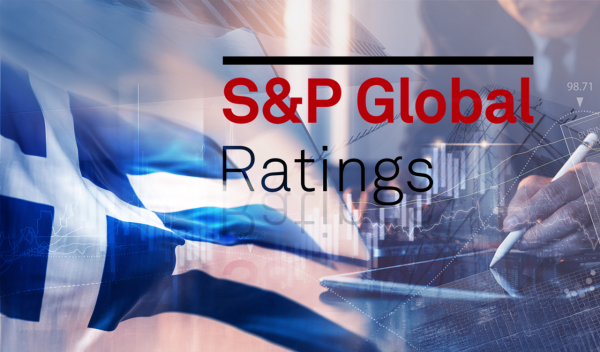
S&P Raises Greek Rating; BBB with Stable Outlook
S&P’s decision raises the Greek economy to the second notch of investment grade ladder, at BBB with a stable outlook.

Greek Tourism Optimistic About Demand from American Market
A recent survey by MMGY Global, conducted from April 3–5 with a sample of 1,000 U.S. adults, found that 83% of Americans still intend to take leisure trips over the next 12 months, a slight drop from 87% in late February

New Exposé by Domumento Reveals Nefarious Triangular Link of ‘Black Money’ with New Democracy, Blue Skies, & Truth Team
The latest exposé by the Documentonews.gr news site lays bare what appears to be a surreptitious path of indirect financing of ND through the business sector—transactions that, as widely understood, rarely occur without expectations of reciprocal benefit

PM Meloni Meets Vice President Vance in Rome Signalling Optimism on Ukraine Talks
Meloni emphasized the strength and strategic value of the Italy-U.S. partnership.

Airbnb: Greece’s Short-Term Rentals Dip in March Amid Easter Shift
Data from analytics firm AirDNA shows that average occupancy for short-term rentals dropped to 45% in March, down from 49% the same month last year.

Easter Week in Greece: Holy Friday in Orthodoxy Today
At the Vespers service on Friday evening the image of Christ is removed from the Cross and wrapped in a white cloth

Meloni and Trump Meet in Washington, Vow to Strengthen Western Ties
“I am 100% sure there will be no problems reaching a deal on tariffs with the EU—none whatsoever,” Trump stressed.









![Πλημμύρες: Σημειώθηκαν σε επίπεδα ρεκόρ στην Ευρώπη το 2024 [γράφημα]](https://www.ot.gr/wp-content/uploads/2025/04/FLOOD_HUNGRY-90x90.jpg)



![Ξενοδοχεία: Μεγάλο το ενδιαφέρον για επενδύσεις στην Ελλάδα – Η θέση της Αθήνας [γραφήματα]](https://www.ot.gr/wp-content/uploads/2025/03/Athens-hotels-90x90.jpg)


![Airbnb: Πτωτικά κινήθηκε η ζήτηση τον Μάρτιο – Τι δείχνουν τα στοιχεία [γράφημα]](https://www.ot.gr/wp-content/uploads/2024/07/airbnb-gba8e58468_1280-1-90x90.jpg)









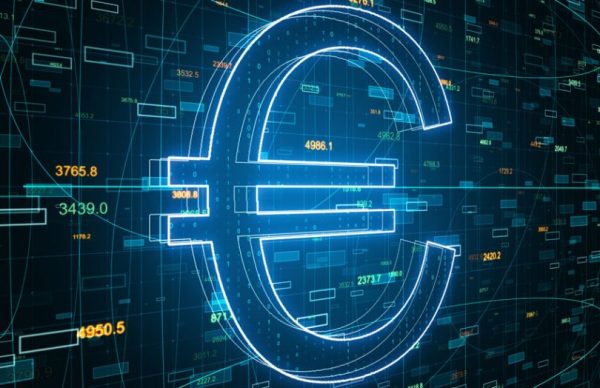


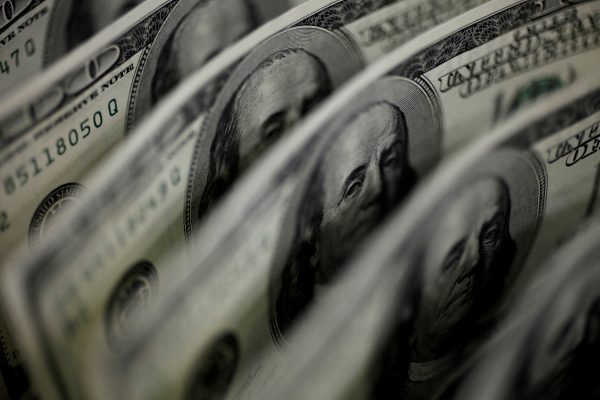
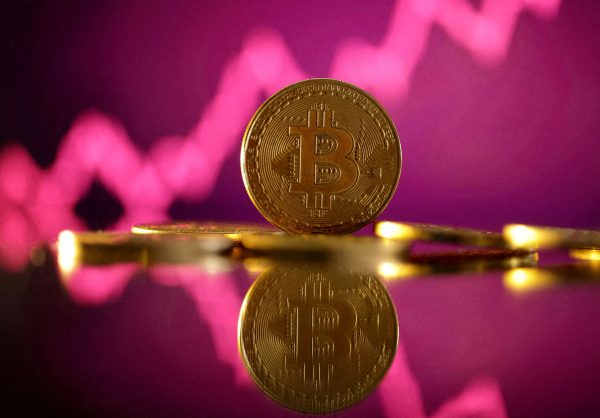


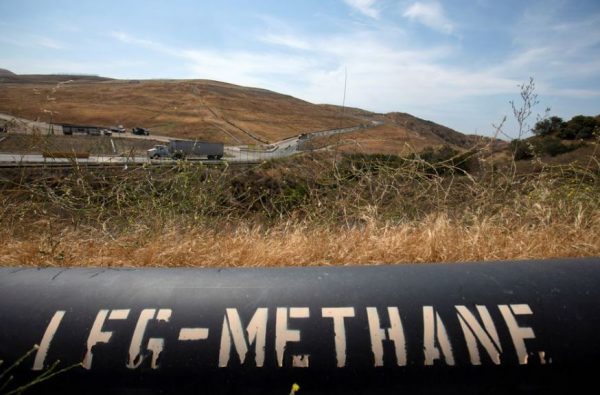
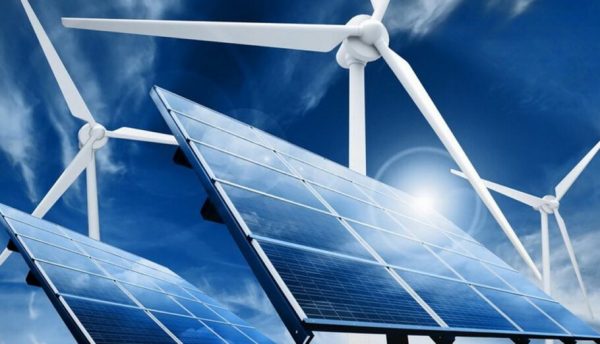




![Ξενοδοχεία: Μεγάλο το ενδιαφέρον για επενδύσεις στην Ελλάδα – Η θέση της Αθήνας [γραφήματα]](https://www.ot.gr/wp-content/uploads/2025/03/Athens-hotels-600x399.jpg)


 Αριθμός Πιστοποίησης
Αριθμός Πιστοποίησης